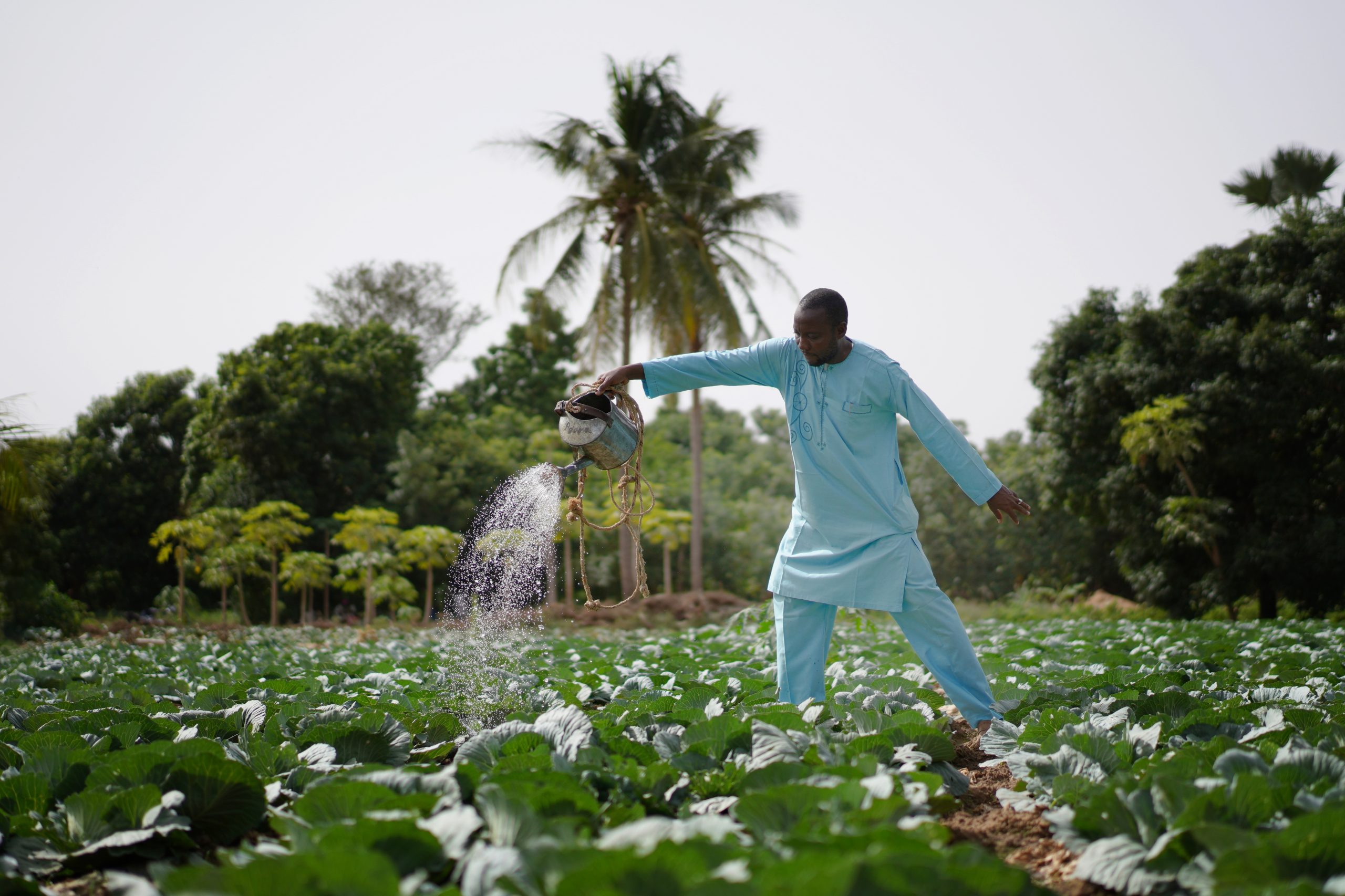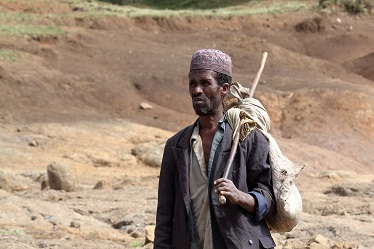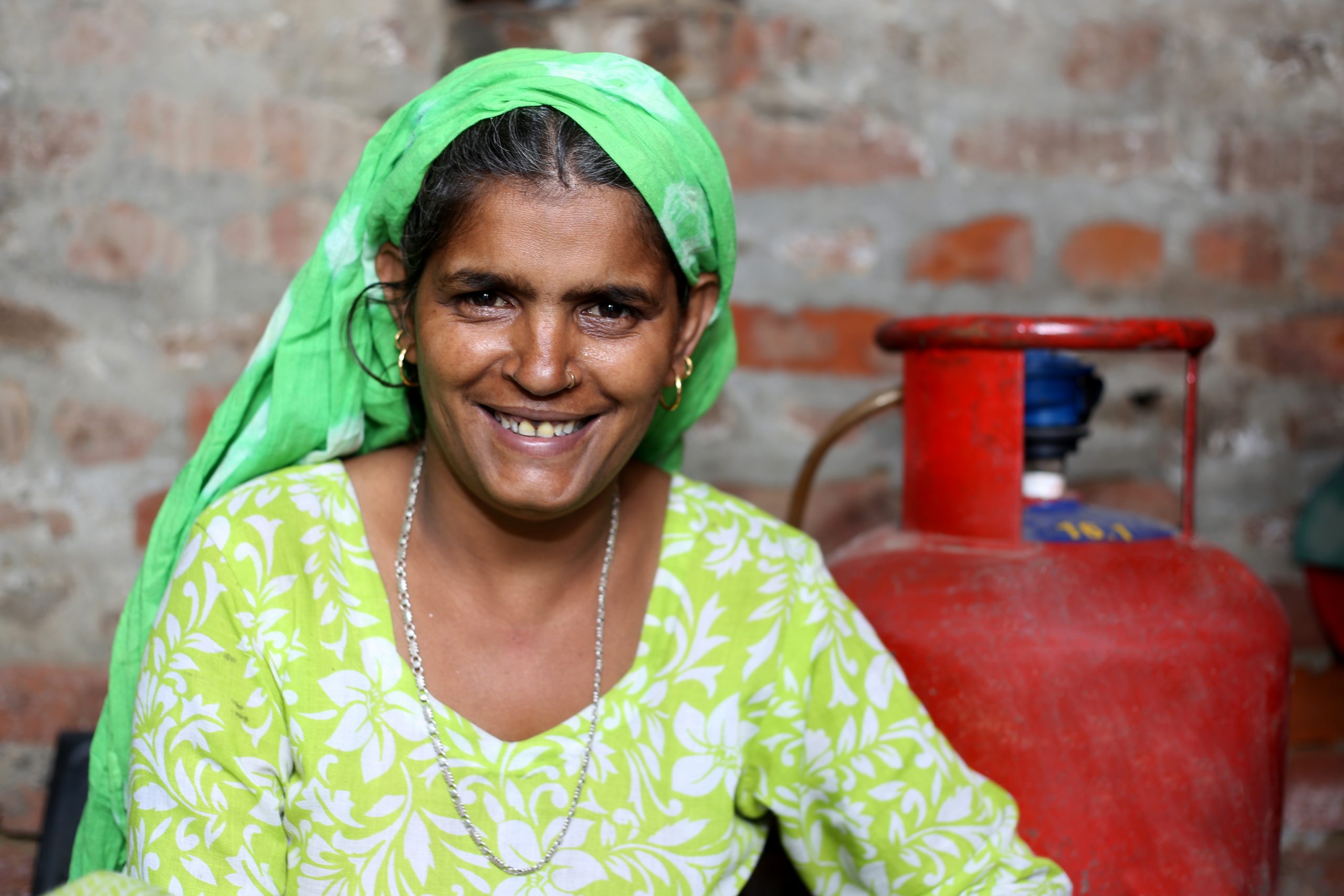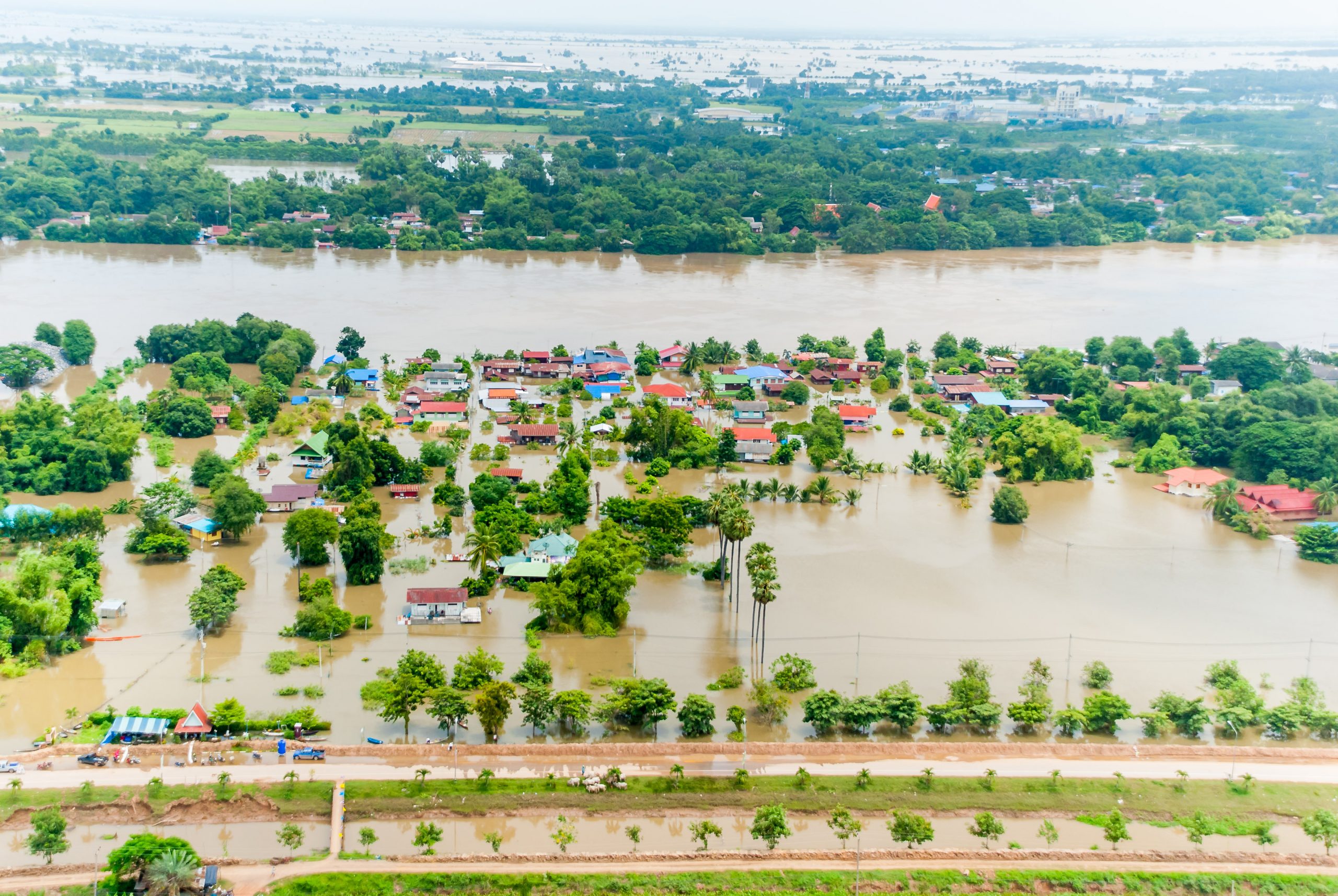
Smallholder farmers comprise more than 80% of the farming community in Tanzania. A little more than 1.9% of their total farmland is irrigated. The combination of small landholdings, rain-fed sources of water, and lower adoption of technology exposes smallholder farmers to the vagaries of weather. Over the past decade, climate change has exacerbated heat waves and droughts in Sub-Saharan Africa. The challenge for Alliance for Green Revolution in Africa (AGRA), a pan-African institution, was to develop resilience among smallholder paddy and maize farmers through risk transfer products. However, the market lacked suitable insurance products because most insurers did not find it feasible to serve smallholder farmers.
AGRA engaged MSC from April to June, 2018 to undertake a feasibility study around the delivery of crop microinsurance to smallholder paddy and maize farmers. The MSC team conducted thorough secondary and primary research by deploying both qualitative and quantitative research tools with the following objectives:
- Understand the features and benefits of crop microinsurance programs and products available in Tanzania;
- Spot the nuances of services that different service providers offer;
- Identify the sources of risks for paddy and maize crops managed by smallholder farmers;
- Determine the level of risk of crop failure.
Based on the positive inferences drawn from the feasibility study, MSC recommended that AGRA implement a crop microinsurance project.

Since early 2015, Ethiopia has been in the grip of the worst droughts in recent history, which threatens the food security of more than 10 million people. Responding to the current crisis and Ethiopia’s historical vulnerability to the prolonged drought, Kifiya Financial Technology PLC, a digital technology platform, conceptualized a satellite imagery (normalized difference vegetation index)-based crop microinsurance program for farmers. The entity, however, found it challenging to translate the concept into a commercial product. It engaged MSC to turn its vision into reality.
In 2016, MSC provided technical advisory and capacity-building support to help Kifiya translate its pioneering NDVI-based agriculture insurance product concept into a first-of-its-kind product in Ethiopia. MSC provided the following support:
- Translated the concept into a comprehensible, client-centric index insurance product;
- Forged partnerships with a leading insurer and government agencies; Analyzed the regulations in Ethiopia and obtained regulatory approval;
- Mobilized government support and secured the commitment of financial aid to the project in the form of direct subsidy to beneficiaries;
- Formulated a strategic business plan that aligned seamlessly with the client’s existing DFS business.

The World Wildlife Fund (WWF) identified that the exploitation of forest resources and the burning of wood for fuel as some of the key threats to the survival of the forest ecosystem and local biodiversity in India. It envisaged that transitioning people in remote rural India from wood-based fuel to clean energy would minimize deforestation and the threat to biodiversity. WWF also envisaged that access to clean energy might be limited in such communities because of the upfront cost of adoption. The challenge for WWF was to validate its hypothesis through research and reach out to a community of financial institutions to support its objectives.
In 2014, MSC undertook a study based on the hypothesis formulated by WWF. It studied and documented the nuances of financing mass-market clean energy solutions. The study involved a range of stakeholder interviews including microfinance institutions, banks, NGOs, clean energy solution providers, and sectoral experts. The result of the study was an exhaustive guidance note on financing access to clean energy by pivoting the distribution prowess and financial strength of the grassroots financial organization.

Energy systems, policy support, gender-responsive solutions
The Government of India’s Ministry of Petroleum and Natural Gas (MoPNG) launched the Pradhan Mantri Ujjwala Yojana (PMUY) in 2016. This program seeks to address the need for clean cooking fuel for 50 million households, especially in the country’s rural and remote areas. The PMUY offered a direct cash subsidy to incentivize households to shift permanently from polluting cooking fuels to LPG. The MoPNG’s challenge was to reach the initial target of 50 million beneficiaries and ensure behavior change, which would lead to LPG’s adoption as a permanent alternative to pollution-emitting cooking fuels.
MSC assessed the implementation in three phases from 2016 to 2018. The research team interviewed 574 PMUY beneficiaries across 124 villages and 44 districts in India.
The assessments enabled us to get the following insights:
- Understand the behavioral triggers that facilitate the adoption of a cleaner energy source;
- Identify the deterrents that prevent the regular refilling of LPG cylinders;
- Identify the reasons for the continued coexistence of LPG and unclean fuels;
- Determine the please impact on gender equilibrium, as women are the program’s primary beneficiaries;
- Recommend measures to the MoPNG to ensure the continued usage of LPG cylinders and permanent abolition of polluting cooking fuels.
MSC published the recommendations as a policy brief, which we presented to the key stakeholders. After the study’s first phase, the Ministry accepted MSC’s recommendations and started the nationwide LPG safety campaign targeted at PMUY beneficiaries. MSC’s interventions helped the program enroll 92 million rural households up to April 2022. MSC estimates that even a 30% switchover to LPG will reduce annual emissions by 6.14 million metric tons at this scale.
The Gates Foundation and the MoPNG commissioned this project.

Driving the adoption of climate and disaster risk insurance products across the globe is a persistent challenge for international development agencies. Due to its size, location, and numerous countries with low socio-demographic indicators, and complex financial markets, Asia poses the greatest challenge. Climate change has already exacerbated the number and scale of disaster events in Asia. Hence, stakeholders need to understand the current landscape of CDRI products and work toward scaling up its adoption.
Against this background, MSC undertook an analysis of the status of climate and disaster risk insurance (CDRI) across 22 countries in South and Southeast Asia. We collaborated with Deutsche Gesellschaft für Internationale Zusammenarbeit (GIZ) and the Regulatory Framework Promotion of Pro-Poor Insurance Markets in Asia (RFPI-Asia). MSC undertook robust secondary research on the existing policy and regulatory environments around CDRI and existing CDRI solutions at the macro, meso, and micro levels. The findings were further complemented with key informant interviews across Bangladesh, Indonesia, the Philippines, and Vietnam.

Barefoot College commissioned MSC to support its Solar Sakhis—women champions of solar energy products. Our support involved the development of an HR strategy, lending products and methodology, scoring tools, digital repayment solutions, technology integration, and training. MSC conducted field research and thereafter developed a solar business vertical and designed youth-focused product concepts and processes. At the time of writing, we were working on a credit-scoring tool, repayment solutions, and capacity-building of young Solar Sakhis.





